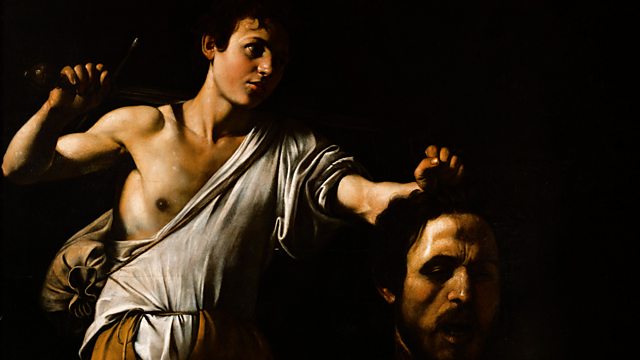
Sybille Ebert-Schifferer
Prof Sybille Ebert-Schifferer reflects on the how the era in which Milanese painter Caravaggio lived influenced his innovative, truthful style.
The Milanese painter, Michelangelo Merisi da Caravaggio has intrigued the modern imagination more than any other old master. Renowned in his own time for the innovative and shocking realism of his paintings, often celebrated nowadays for the tempestuous lifestyle which informed his work, he is remembered as the creator of art that influenced and inspired.
First broadcast 400years after his death in July 1610, these portraits of the painter offer a series of personal responses to his work, life and legacy. Tonight's essay is by Professor Sybille Ebert-Schifferer, Director at the Bibliotheca Hertziana, Max Planck Institute in Rome, and author of the monograph Caravaggio, Sehen - Staunen - Glauben [see - be amazed - believe]. She considers his art both sophisticated and unprecedented, and insists that we need to appreciate the values of the age he lived in, in order to understand the painter and his work. Ever socially ambitious, Caravaggio had an overwhelming sense of honour which, when it led to violence, could bring him harm, but it was his ability to create meraviglia, or wonder, in his art that earned him the appreciation of princes and people alike.
Last on
More episodes
Previous
Broadcasts
- Tue 13 Jul 2010 23:00大象传媒 Radio 3
- Wed 3 Aug 2011 22:45大象传媒 Radio 3
Death in Trieste
Watch: My Deaf World
The Book that Changed Me
Five figures from the arts and science introduce books that changed their lives and work.
Podcast
-
![]()
The Essay
Essays from leading writers on arts, history, philosophy, science, religion and beyond.




